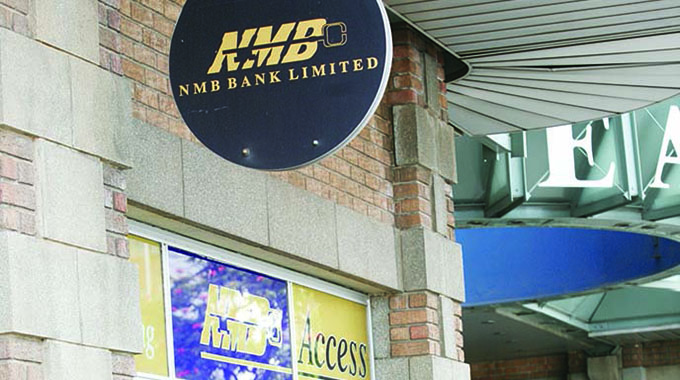Trust is the new currency in surreal Venezuelan economy

“How much for an empanada?” I ask Junior Morel, manager of the Lunchería Andina, a canteen on a street corner in Catia, a working-class district of Caracas.
“Today, 150 000 bolívares,” he replies, pointing to a small pile of the ubiquitous South American pasties wilting under the tropical heat in their glass-fronted display case. “Tomorrow, 200 000.”
Such are the price rises on everyday purchases in Venezuela these days. Inflation, which has stalked the nation like a bloodhound for years, has finally dug in its fangs. It is now hyperinflation. Last year, consumer prices rose 2 500 percent, by far the highest rate in the world. This year, they are expected to soar 13 000 percent.
When I first came in late 2016, there were 3 000 bolívares to the dollar at the black-market rate, the only rate that bears any relation to reality in this increasingly surreal economy. Today, there are close to 1million. Shopkeepers and their customers are having to think on their feet as prices change from day to day.
The numbers are head-spinning. In a supermarket in the relatively wealthy district of Chacao, a tin of tomatoes costs 1 553 143 bolívares. That might sound a tad expensive, but it works out at less than two dollars. A 500g bag of pasta costs 886 666 bolívares, roughly one dollar. I pick one up to see where it’s from: “Produce of Turkey.” The brand name — Tat — hardly inspires confidence.
Across the city in the sprawling hilltop shanty town of Petare, butcher José Florentino says this is the worst economic crisis he has seen since opening his business in 1983. He recalls the Caracazo, a fortnight of riots and looting in 1989 triggered by sharp rises in gasoline prices. “In one night they wrecked my entire shop,” he says. “But back then it was easier to start up again. Everything was so much cheaper.”
He shows me a supplier invoice for chorizo, black puddings, beef and pork chops. The bill comes to a dizzying 902 950 000 bolívares.
In dollar terms, these are not exorbitant prices. They are on a par with what one might pay elsewhere in Latin America. But Venezuelan salaries have plummeted in real terms. The monthly minimum wage is now an insulting 2 550 000 bolívares, or less than three dollars. That buys you one tin of tomatoes and a bag of Tat. No wonder most of the country is going hungry.
Hyperinflation also brings logistical problems. How does one even get hold of 902 950 000 bolívares? As recently as last year Venezuelans carried huge bundles of bank notes around to pay for relatively small items, but these days those notes are so worthless that cash is hardly an option. The only realistic payment method is a debit card linked to a Venezuelan bank account. Hyperinflation is fast turning this into a cash-free economy.
It is also fuelling dollarisation. Increasingly, shopkeepers shun the bolívar and accept greenbacks as hard currency — an irony given Nicolás Maduro’s insistence that Venezuela should reject the “imperialist” dollar and embrace the renminbi and rouble.
The newly re-elected president’s solution to hyperinflation is crude. Next Monday, he plans to lop three zeros off the bolívar, issuing new bank notes only a year after the previous batch. History suggests this won’t work.
If there is one, tiny bright spot in this dark universe of economic mismanagement, it is this: that hyperinflation seems to have generated an extraordinary amount of trust between ordinary Venezuelans. Most realise that electricity black-outs, internet failures and cash shortages make even the simplest of transactions a headache. A few days ago, a friend persuaded an airline to let him board a plane from Caracas on a promise to pay on arrival.
Trust, though, can only take you so far. Venezuelans need a genuine solution; crippling price rises are pushing more people into poverty and prompting thousands to flee the country.
As I stare at Mr Morel’s forlorn-looking empanadas in their glass case, he raises his hands in despair.
“We can’t go on like this, it’s totally unsustainable,” he says. “I give this business another six months but if nothing changes, if Maduro remains in power and if prices keep rising, we’ll be bankrupt by December.”— Financial Times










Comments